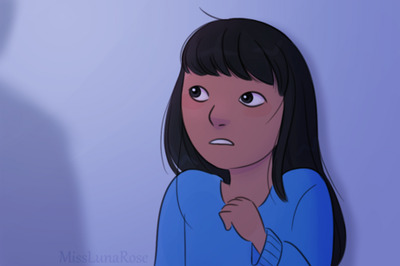
views
The pandemic gave me an addiction, not a very harmful one hopefully. To either ease the isolation pangs or recreate the familiar childhood comfort of watching films on television, I started binge-watching old movies on YouTube. Many 1980s films were just bizarre with extreme misogynist themes, but I stoically sat through them (hence the term ‘addiction’). However, I discovered many gems too, and Baseraa is one of them.
The film, starring Shashi Kapoor, Rakhee, and Rekha in lead roles, released in 1981. Based on a Marathi novel by Leela Phansalkar, it was directed by Ramesh Talwar. I have watched it twice now, and it makes me tear up every time (spoilers ahead). There is a scene in which Sharada (Rakhee) breaks down after her husband (Shashi Kapoor playing Balraj Kohli) snaps at her for her insistence on physical affection. She asks him: “Kya main apni marzi se pagal hui thi?”
When you wipe the visceral emotions clean and put your analytical hat on, you realise that the film not only works because of the feelings Sharada’s sacrifice evokes but also due to the fact that it poses a moral conundrum for the viewer. Was Nimma (Rekha) right in marrying Balraj? Did Balraj make the right decision? Should he have waited for his wife?
The film opens with a scene that shows a perfectly happy family. Shashi Kapoor is a wealthy businessman and has a loving wife and two sons. The elder son Raj Kiran too has found his lady love (Poonam Dhillon) and they are going to tie the knot soon. However, the viewer soon comes to know that Nimma is Balraj’s second wife. His first wife and mother of his first son, Sharada, is locked up in a mental institution because of the immense shock she suffers after seeing her sister (Nimma) in a widow’s garb. Nimma loses her husband in an accident soon after her wedding.
Everything turns topsy-turvy after Sharada’s doctor declares after 14 years that she might have a chance at recovery. He suggests that she should start living with her family, but things must return to how the patient had left them. Thus, we see Rekha turning her world upside down — she hides her son, removes all signs of their marriage from the house, and sleeps in another room to make way for her sister. You cannot help but feel for Rekha in these scenes, especially when she cannot bear the separation from her son and husband.
But Sharada’s story arc is what tugs at your heart. She comes back to her family after a 14-year stay at an asylum to only slowly realise that her family has moved on blithely without her. In the scene when everyone apologises and explains to her why things are the way they are, she cannot utter a word. She realises that everyone, including her father and her son, was complicit in erasing her. She suddenly knew what she had to do. It is one of the most painful film endings I have watched. But the question still remains, was Rekha and Shashi’s marriage necessary to bring up Rakhee’s son?
Gulzar’s words and RD Barman’s music, especially the title song, add to the haunting quality of the movie. “Jahan pe baseraa ho, savera wahi hai,” sings Rakhee. What a tragedy!
The film received five nominations at the 29th Filmfare Awards. It was later remade in Telugu as Thodu Needa (1983), in Tamil as Kanmaniye Pesu (1986), in Malayalam as Nirabhedam (1987), and in Kannada as Suvvi Suvvalaali (1998).
Read all the Latest Showsha News here



















Comments
0 comment